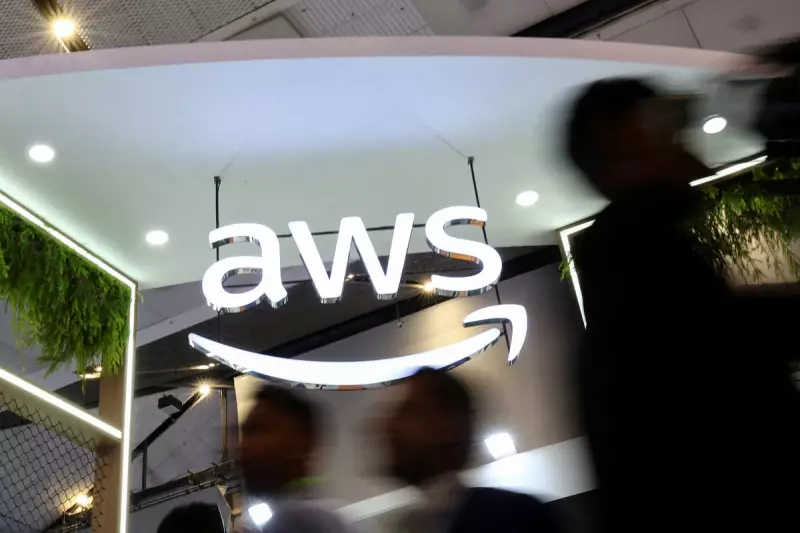
Imagine a world where your favourite streaming services suddenly go dark, smart home devices stop responding, and critical work applications become inaccessible. This isn't a dystopian fiction scenario - it's the reality millions faced during recent major internet outages that exposed the shocking fragility of our digital world.
The Domino Effect: When One Failure Brings Everything Down
Recent incidents involving Amazon Web Services (AWS) and other major providers have demonstrated how interconnected our digital ecosystem has become. A single failure in one part of the system can trigger catastrophic consequences across countless services and platforms.
"We've built an incredibly efficient but dangerously centralised digital infrastructure," explains Dr Eleanor Vance, cybersecurity expert at Imperial College London. "When one major provider experiences issues, the ripple effects are immediate and widespread."
Why Modern Internet Outages Feel Different
Unlike earlier internet disruptions that might have affected specific websites, today's outages impact fundamental services:
- Cloud computing dependencies: Most major services now rely on just a handful of cloud providers
- Internet of Things vulnerabilities: Smart devices become useless without cloud connectivity
- Remote work implications: Critical business tools disappear when the cloud goes down
- Economic impact: Hours of productivity lost across multiple industries
The Centralisation Conundrum
The internet was originally designed as a distributed network that could withstand partial failures. However, the rise of massive cloud providers has created central points of failure that contradict this original resilient design.
"We've essentially recreated the mainframe computing model of the 1970s, but on a global scale," notes technology analyst Michael Chen. "The efficiency gains are enormous, but so are the risks when things go wrong."
What This Means for the Average User
- Prepare for occasional disruptions: Brief outages are becoming part of digital life
- Diversify your tools: Don't rely on single providers for critical functions
- Maintain offline capabilities: Ensure you can work without constant internet access
- Understand service dependencies: Know which of your apps rely on major cloud platforms
Looking Forward: Can We Fix the Internet?
While complete decentralisation isn't practical, experts suggest several approaches to building a more resilient digital future:
"We need to develop hybrid systems that maintain the efficiency of cloud computing while incorporating distributed elements for critical functions," suggests Dr Vance. "The goal shouldn't be eliminating outages entirely - that's impossible - but ensuring they don't bring everything to a standstill."
As our dependence on digital services continues to grow, the conversation around internet stability has never been more urgent. The recent outages serve as a stark reminder that our digital infrastructure requires ongoing attention and investment to support the connected world we've built.





